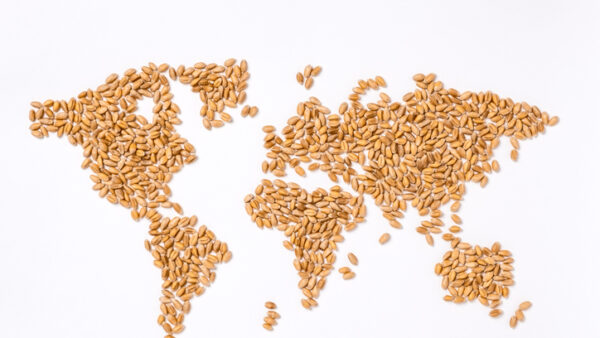Origin of the EDV Principle
The UPOV Convention1 is critically important to the U.S. seed industry’s ability to obtain a plant variety right (PVR), such as a plant breeder’s right or plant variety protection, for new varieties in the U.S. and in countries worldwide. The essentially derived variety (EDV) principle arose in the 1980’s because breeders were concerned that plant biotech companies might transform a breeder’s PVR protected variety to create a derivative and independently protectable variety. Recently, similar concerns have been raised regarding the use of genome editing to introduce one or a few targeted changes to the genome of PVR-protected varieties.
Why the EDV Principle Matters
The EDV principle, as introduced by the 1991 Act of the UPOV Convention, represented a significant enhancement in the scope of protection for plant varieties and remains today, thirty years later, an essential element of the global PVR system. The EDV-related provisions of UPOV ’91 established a balanced form of PVR so a breeder who invests in the development of protected varieties may benefit from extended rights when their PVR protected variety is used at least predominantly by another breeder to derive a distinct new variety. The new variety would be considered essentially or predominantly derived and likely to qualify as an EDV.
The EDV provisions under UPOV ’91 preserve the scope and strength of the PVR granted to the owner of the source or initial variety (IV). The provisions specify that anyone using the protected variety to derive or discover an EDV under the breeders’ exemption may seek a PVR for the EDV, while the owner of the PVR-protected IV has the right to determine if the EDV can be exploited commercially.
Ensuring Clarity and Consistency
In 2019, international and regional plant breeding and seed industry associations formed the EDV Task Force2. The Task Force requested UPOV to organize an effort to revise the EDV Explanatory Notes3 from 2017 in order to address a lack of clarity and some confusion regarding certain aspects of EDV, particularly scope. The purpose of the revision is to ensure EDV conditions are consistently and effectively implemented by all UPOV members and so the breeder/owner of an IV knows how to assert their right against aputative EDV.

When UPOV met in October 2020, it established the Working Group EDV (WG-EDV) to undertake the process to revise the EDV Explanatory Notes. The resulting revised guidance will have a lasting impact on U.S. seed companies operating in UPOV countries with implemented EDV provisions. International, national and regional plant breeding and seed industry associations are coordinating efforts and aligning positions through the EDV Task Force so the future revised Explanatory Notes will be in accord with plant breeding industry best practices for sexually and asexually propagated crops.
What’s Next?
In June 2020, ASTA adopted positions regarding EDV to inform and influence the anticipated revision of the EDV Explanatory Notes. The positions focus on the EDV system’s important roles and conditions, especially scope and limits of rights, accountability, entitlement and authority. They also identify gaps and issues that deserve attention and should be addressed in the revised UPOV EDV Explanatory Notes.
ASTA has shared its EDV positions with the International Seed Federation, members of the EDV Task Force and the UPOV Office and with staff at the U.S. Plant Variety Protection Office and Patent and Trademark Office. ASTA’s positions will be a valuable resource for EDV Task Force members and U.S. government representatives serving on the UPOV WG-EDV and engaging in the effort to revise the EDV Explanatory Notes. The revision effort began in December 2020 and is expected to finish in October 2021.
For More Information
You can access the ASTA EDV Position Paper and additional resources at the following link: www.betterseed.org/edv
- The “International Convention for the Protection of New Varieties of Plants” provides the basis for an intergovernmental system to grant breeders an intellectual property right for their new varieties at the national and regional level.
- Members of the EDV Task Force are International Seed Federation (ISF), International Community of Breeders of Asexually Reproduced Horticultural Plants (CIOPORA), Crop Life International (CLI), Euroseeds, Asia and Pacific Seed Alliance (APSA), African Seed Trade Association (AFSTA), and Seed Association of the Americas (SAA).
- The purpose of the Explanatory Notes is to provide guidance on “Essentially Derived Varieties” under the 1991 Act of the UPOV Convention.









